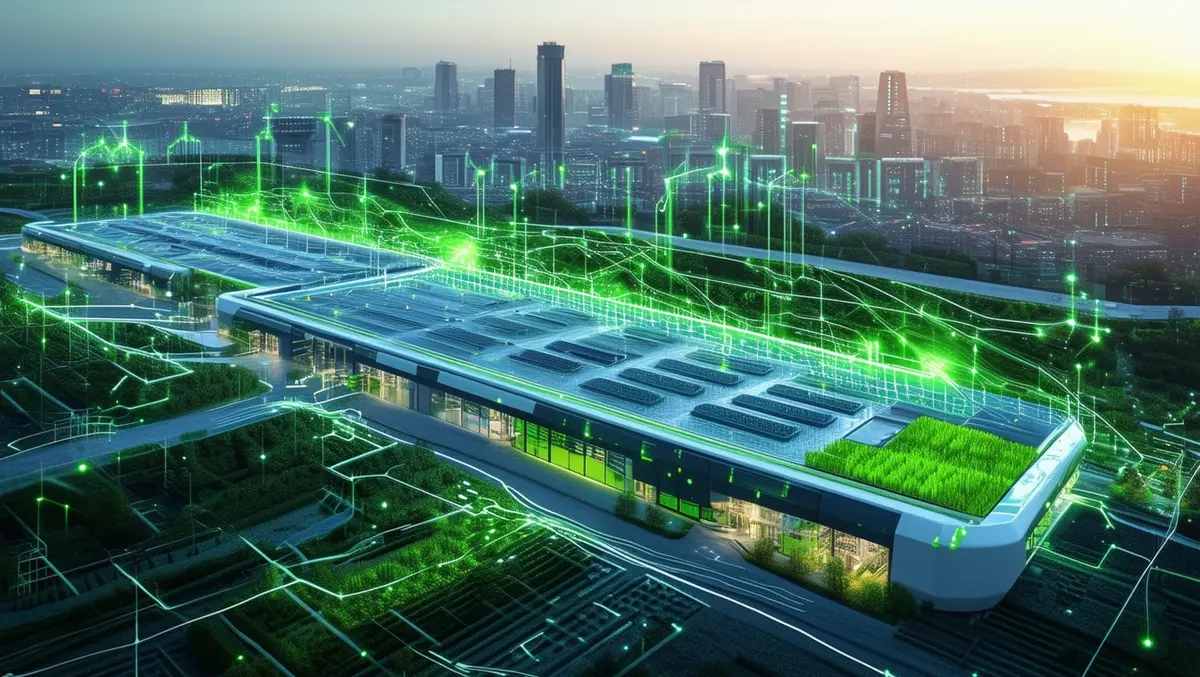
EU data centres face energy hurdles, Aggreko suggests fixes
A new whitepaper by Aggreko explores the significant energy challenges facing data centres across Europe and suggests potential solutions to address these issues.
Titled "Bridging the Energy Gap for European Data Centres," the report examines grid connection delays and environmental concerns that are impacting the data centre industry.
The whitepaper addresses the hurdles data centre operators encounter due to power constraints, which are causing substantial delays in both tier 1 and tier 2 markets. The current inefficiencies in energy solutions are not only delaying projects but are also leading to increased operational costs due to higher energy bills. The report emphasises the need for the industry to find greener and more efficient energy alternatives to comply with tightening environmental legislation and maintain growth.
"Despite the huge growth in the data centre sector across Europe, we are keenly aware of the challenges it is now facing," said Billie Durie, Global Sector Head of Data Centres at Aggreko. "With environmental, financial, and legislative pressures all at incredibly high levels, there is a chance that these external factors may affect the industry's expansion."
Durie further elaborated on the importance of acknowledging these potential problems to support the continued growth of the data centre industry. "Taking note of these potential problems is important if the growth of the data centre industry is to continue. With demand soaring for more digital services, issues surrounding the correct specification of the right equipment and the tightening of sustainability legislation need to be addressed by viable solutions for the industry to keep going on the correct path."
The whitepaper recommends several greener bridging solutions as viable options for data centre operators. These include battery energy storage systems (BESS), Stage-V generators, and hydrotreated vegetable oil (HVO), which can provide interim power solutions in the absence of a grid connection. The report also highlights the role of decentralised energy solutions in aiding industry progression.
An example from the Republic of Ireland illustrates the practical application of these solutions. A client developing a data centre in Dublin faced delays in grid connection, jeopardising their project timelines. Aggreko provided a bridging power supply by installing and commissioning a bank of 12 next-generation gas (NGG) generators, delivering enough power to sustain the data centre's operations. This installation included 14 MW of NGG generators, 10 kV switchgears, transformers, and auxiliary equipment, enabling the site to operate independently from the grid.
Durie concluded by stressing the potential benefits of decentralised solutions. "Using decentralised solutions has the power to supercharge the industry moving forward. With the risks of delays and obstructions to construction only likely to get worse as European infrastructure struggles to cope with demand, bridging solutions have the power to keep things moving on important projects."


